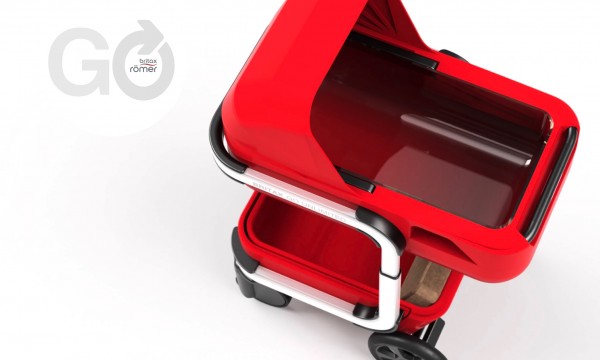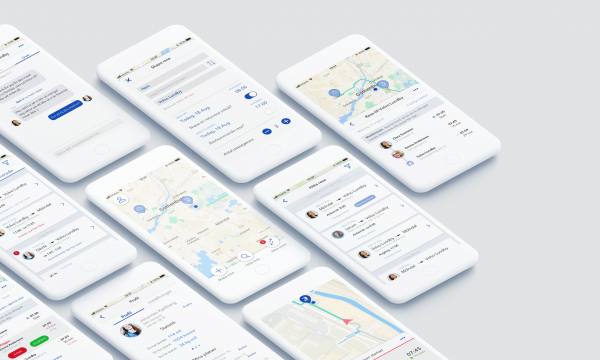About Industrial Design Engineering
The master’s programme in Industrial Design Engineering offers advanced level education in user-centred and sustainable industrial design engineering. It takes on a holistic systems perspective on product development and focuses on how design can improve people's experiences in the interplay with technology.
Human-centred design philosophy as a basis for unexpected solutions
The programme promotes design based on a deep understanding of users, their activities and needs as well as the impact that products have on all these aspects. Through the programme you will learn theories and tools to understand how humans use and perceive technology, as well as methods to bring users – a wide range of users – into the development process. With this user insight you will have a unique competence to work with the human dimension of technology – a highly sought-after quality – as well as the preconditions to come up with radical innovations based on that you can perceive problems not seen before.
A solid design process is the key to good solutions
The programme teaches a systematic design process complemented by a diverse toolbox of methods and theories to adapt the design process to a range of problems. Such a process is critical when handling complex design problems with multiple stakeholders and conflicting values. During the education you get to train your ability to see problems from multiple perspectives and work with strategy as well as details: from which type of value proposition to offer to the semantic expression of the product design. You will also learn how to communicate your findings and ideas with different stakeholders throughout the process using powerful analyses, effective prototyping and realistic visualisations.
Confident designers with a sense of responsibility
Tackling complex design problems requires designers to be confident in their own ability and have a sense of responsibility for their design decisions. Therefore, the programme includes space to experiment with your own ideas about design and form-giving, along with opportunity to reflect on your own development, in order to build that confidence. The programme also promotes reflection on the impact of design decisions on society and the environment, as well as provides the tools to make designs that contribute to a sustainable society, through inclusivity, resource-efficiency and support for sustainable lifestyles.

Educational approach
The programme combines theoretical studies with plenty of applied project work, often in collaboration with the industry. Assignments where you test theories and methodology in practice are a part of most courses, and there is also a large integrating project course where you perform a project for an external client. The projects differ from year to year and range from consumer products, to service and interaction design, to the design of large complex sociotechnical systems and gives you the opportunity to hone your practical skills, as well as your collaboration and communication skills.
The programme is unique among design programmes in its solid theoretical foundation encompassing both state-of-the-art design theories and methodologies and underlying basic theories about humans, form, technology and the interplay between them. Students are encouraged to absorb the latest design research findings and contribute to this rapidly developing field through their own work. The programme offers a stipend for presenting excellent master’s thesis work at scientific conferences.
The programme aims to create a good environment for ideas and people to grow. The dedicated teachers of the programme aim to inspire, guide and to co-develop knowledge with the students. During the education, students also have access to dedicated studios and workshops with space to build prototypes.
Career opportunities
Graduates from the programme work with user-centred product development in industry either in-house, or as consultants. Common job titles are UX-designer, UX architect, product designer, service designer, product planner, product manager, human factors specialist, and design team leader. Some graduates also work with design and human factors research in an academic context.


